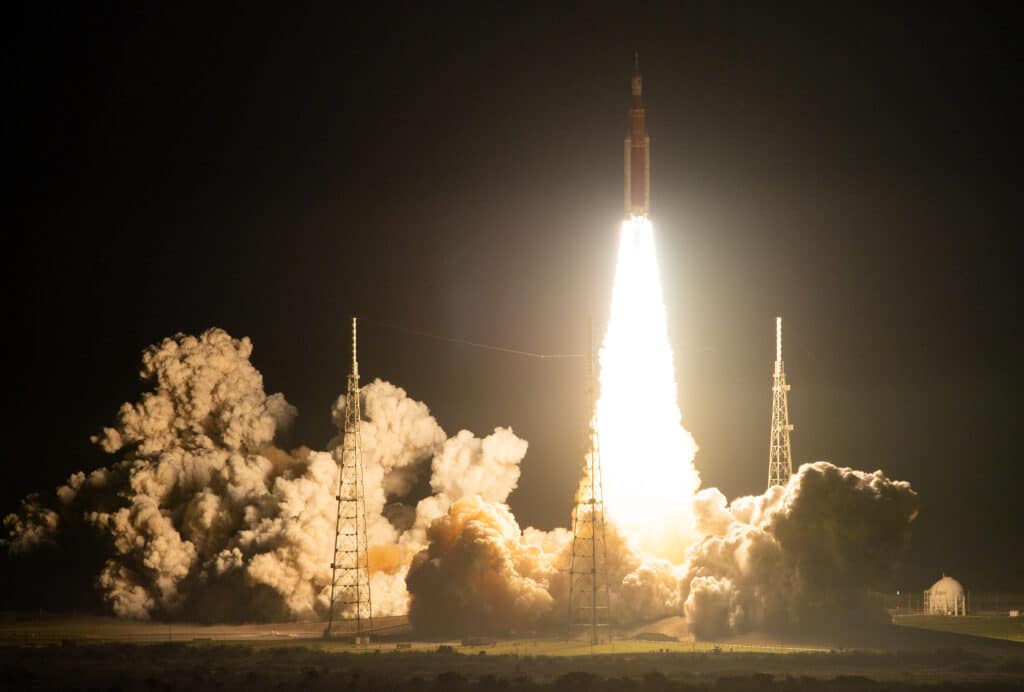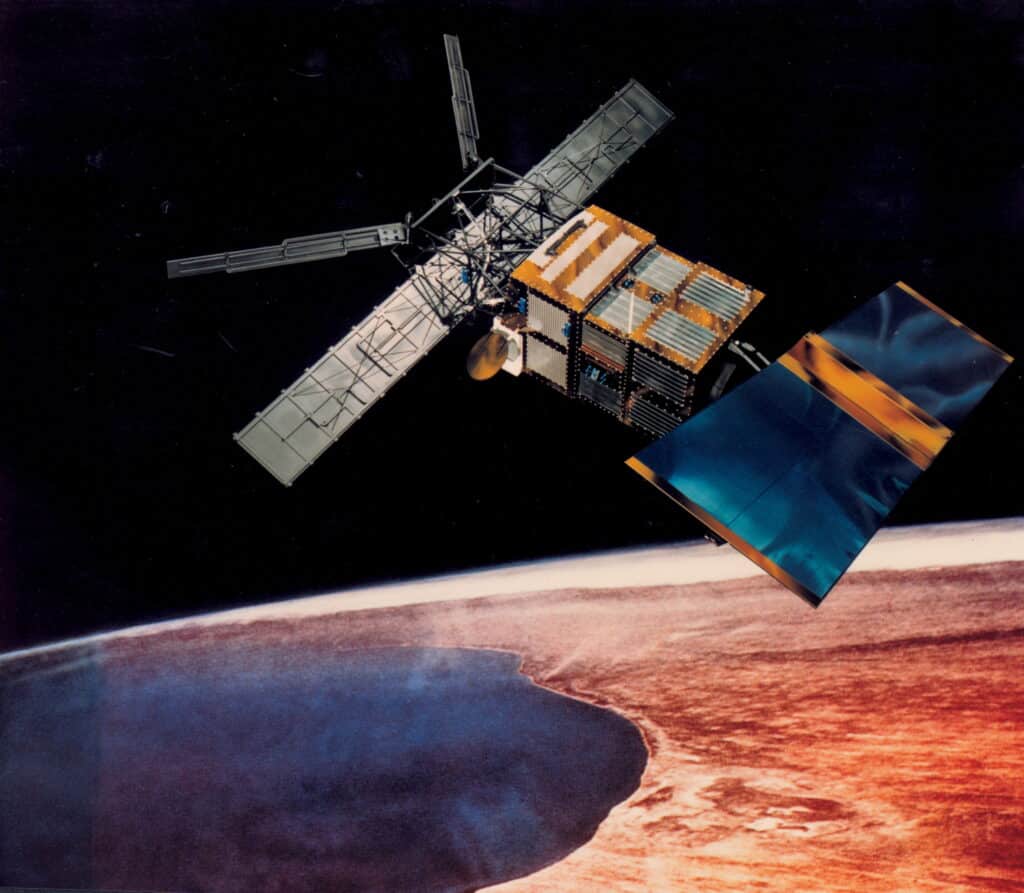The global space industry has experience unprecedented growth over the past year, launching over 2,600 satellites into orbit. This monumental achievement highlights the burgeoning role of private entities in space exploration, with SpaceX, an Elon Musk-owned company, responsible for nearly 90 percent of these launches. This expansion is not limited to the United States as over 70 countries worldwide are now demonstrating space capabilities, signifying a global consensus on the importance of space activities for enhancing the human experience.
The commercial space sector has revolutionized the way we approach technology, from space launches to satellite imagery and communication, creating a new landscape filled with both competition and collaboration opportunities for scientists. This evolution presents a dual-edged sword — while it offers the potential for groundbreaking research and reduced investigation costs, it also introduces challenges stemming from differing principles and ideals among countries and companies.

Amidst this complex backdrop, the scientific community emerges as a beacon of international collaboration and diplomacy. Science thrives on the exchange of knowledge, often transcending political boundaries for the greater good of humanity. Such international partnerships in space exploration serve to enhance engagement, diversity, and collaboration, forging a path toward a collective future in space research.
However, the path is not without its hurdles.
“When every mission is a first for humanity, the stakes are very high,” says Thomas Zurbuchen, former associate administrator for NASA’s Science Mission Directorate and current director of ETH Zurich Space, in a media release. “When the clock is ticking, and the world is watching, a leader’s most powerful asset is a highly diverse team.”
Zurbuchen’s experience leading 54 missions has shown him that diversity, fostered through international and commercial partnerships, is key to success, despite the inherent risks and challenges, such as the reluctance of some entities to share scientific data.
Echoing the sentiment of collaboration, David Malaspina, a physicist at the University of Colorado-Boulder, likens the movement of scientific ideas to space plasmas, effortlessly transcending borders to ignite discovery.
“When they encounter a border, they find a way across,” says Malaspina.
Malaspina also underscores the importance of inclusive research teams in pushing the boundaries of what is known, from exploring the interface between Earth and space to unraveling the mysteries of Venus’ magnetic field.
Yet, as humanity’s footprint extends beyond Earth, Michelle Hanlon, a space lawyer and executive director of the Center for Air and Space Law at the University of Mississippi School of Law, raises a poignant question about the preservation of history and the need for a legal framework to protect the remnants of human activity in space, such as Neil Armstrong’s iconic bootprint on the Moon.
“What are the differing obligations space law imposes on scientific and commercial activities, as well as governmental and private actors,” notes Hanlon.

Hanlon’s concerns highlight the emerging strategic priority of space law, ethics, and policy as nations and private entities navigate the complexities of space exploration and its implications for future generations.
As the commercial space sector continues to expand, fostering international collaboration and navigating the intricacies of space law and ethics will be crucial in shaping a future where space exploration benefits all of humanity. This new era of space exploration is not just about reaching new heights but also about how we, as a global community, can come together to address the challenges and seize the opportunities that lie beyond our planet.
The findings were presented at the 2024 American Association for the Advancement of Science Annual Meeting.











